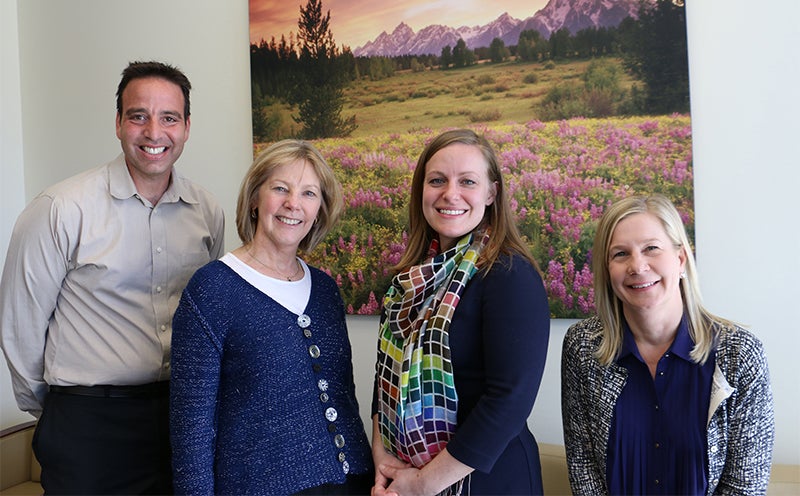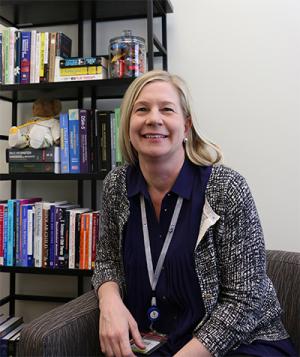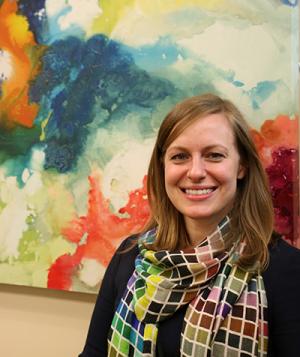FAMILY open house to showcase new additions for improved treatment
FAMILY Program Open House
When: 5-7 p.m. April 27Where: Helen and Arthur E. Johnson Depression Center, 13199 E. Montview Blvd., Suite 330, Aurora
For more information visit them online.
The FAMILY (Fostering Anxiety and Mood Improvement in Lives of Youth) program at the Helen and Arthur E. Johnson Depression Center wants to show the University of Colorado community how it can successfully improve the lives of children and teens.
The FAMILY Program will host an open house 5-7 p.m. April 27 to debut its updated therapy rooms and offices. Those interested may drop by, tour the facilities and talk with program clinicians about services provided and available treatment options.
With one in five children and adolescents suffering from a diagnosable mental health issue, according to the National Institute of Mental Health, the center is looking for ways to better serve a greater population and destigmatize mental health treatment.
Led by a dedicated, five-person team of board-certified psychiatrists and psychologists, the FAMILY program offers expert individualized treatment and support for patients and their families suffering from anxiety, mood disorders and general mental health issues that inhibit everyday life.
“Mental health is no different from physical health in maintaining a healthy lifestyle. If you have diabetes, you would go to the doctor. It’s the same thing with depression or anxiety: You should get it treated,” said Melissa Batt, a child and adolescent psychiatrist. “That’s where the breakdown happens. There’s a perception that you are weak or just need to pull yourself up by your bootstraps. We don’t believe that’s true. Just like anything, treatment can be tailored for what the person wants to do to treat their condition, with options like medicine or therapy.”
Recently, the program expanded to include additional offices and two new rooms for enhanced group and family therapy. These rooms provide a welcoming environment for families and large groups to meet together and work through various mental health obstacles with a FAMILY member. They also host various workshops such as Anxiety Bootcamp, where parents together with their children or teens can gain information and skills related to anxiety in a rapid format.
“It feels like a real success when you can shift people’s perception of a child from being a ‘bad kid’ to one with a lot of symptoms that need help. If parents or teachers are stuck in this viewpoint, you’re not in a position to provide support,” said psychologist Aimee Sullivan, Ph.D. “If you can adjust that perspective to one where we realize the child is also unhappy with the way things are, then we can address the symptoms.”
Each team member has examples of patients reclaiming their lives, from the depressed teen who dropped out of school but was able to pull his life back together with therapy and medication, to the family who couldn’t go to a restaurant because of their child’s anxiety, to countless others.
“One of the highest compliments we can receive is when parents say, ‘Thank you for giving my child back,’” said Scott Cypers, Ph.D.
Those who don’t live near the CU Anschutz Medical Campus may receive face-to-face treatment through TeleHealth, a secure phone line with FaceTime capabilities, to talk with a member of the team from the comfort of home while avoiding high travel costs for quality care.
The Depression Center takes multiple types of insurance including Anthem Blue Cross Blue Shield. CU faculty and staff with a CU Health Plan, held under Anthem Blue Cross Blue Shield, are covered for services given at the Depression Center. Both the FAMILY program and the Depression Center hold a strict privacy policy for all patients.




